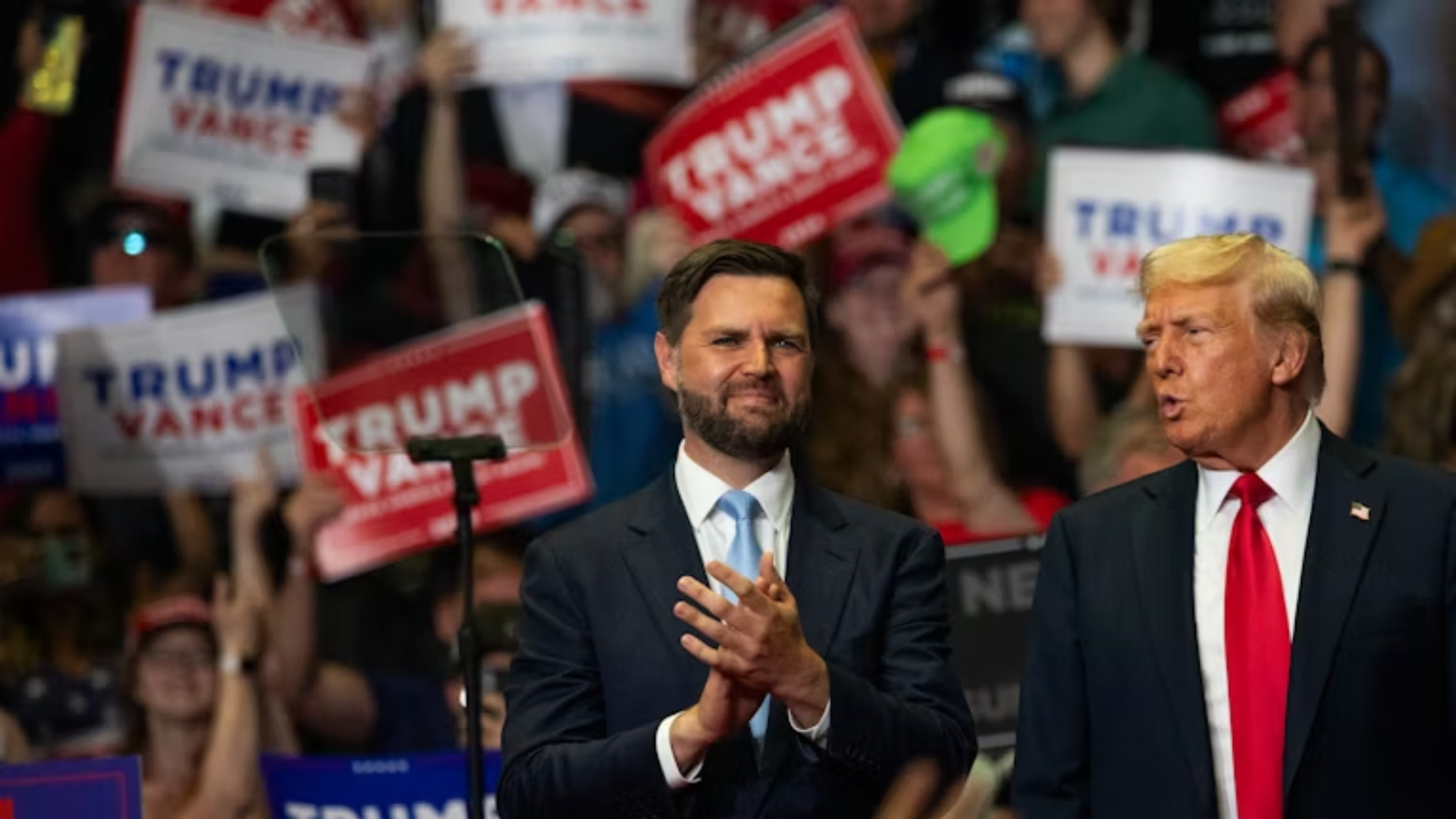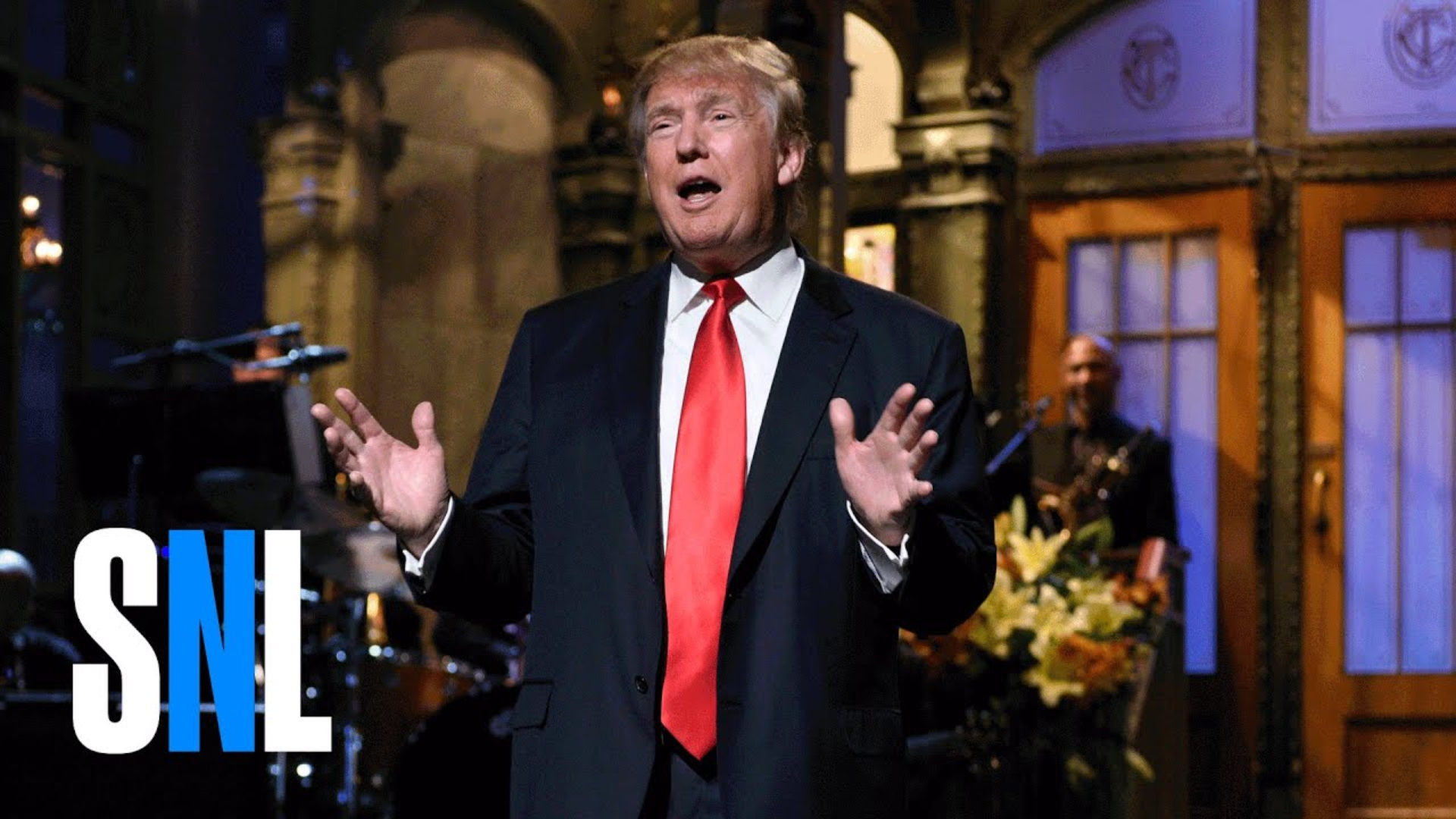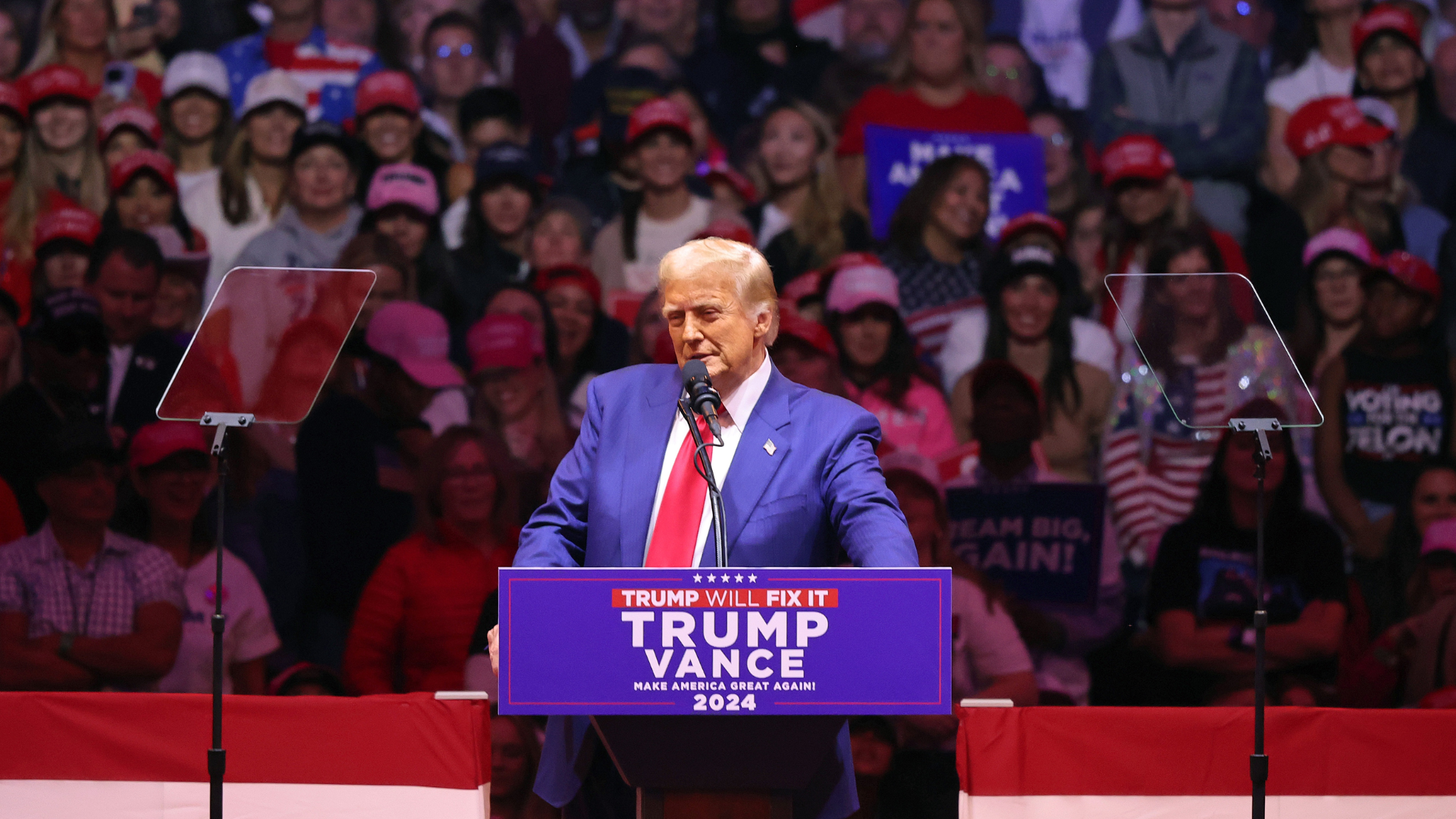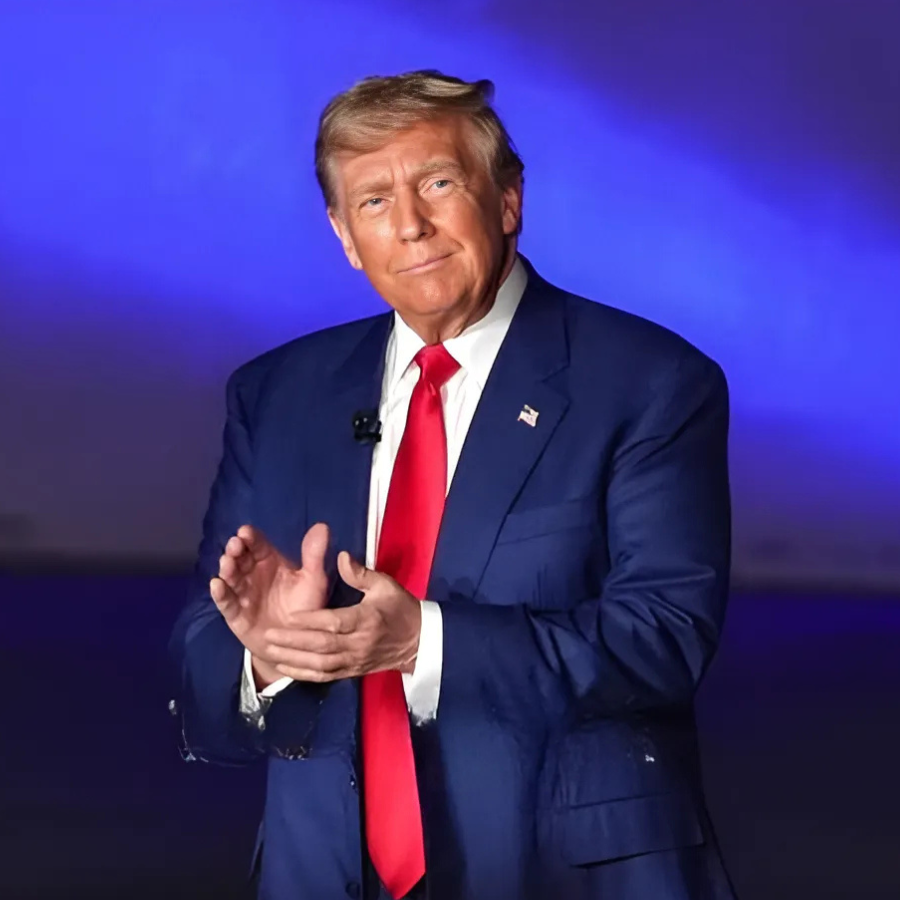
Former President Donald Trump is reportedly aiming to attract voters by emphasizing his image of masculinity.
However, recent comments about his childhood aversion to football have sparked a wave of online mockery, with many finding his reasoning less than convincing.
During an appearance on the podcast Bussin’ With the Boys, Trump opened up about why he didn’t enjoy playing football as a young man. He admitted that he played tight end and could catch the ball well, but ultimately disliked the physicality of the sport.
Trump explained, “I didn’t like [football]… I didn’t particularly like having some guy who was lifting weights all day long and came from a bad neighborhood tackling me hard.”
His comments quickly caught attention online, with many finding humor in his reluctance to endure the rough nature of the sport. Trump’s remarks seemed at odds with his recent efforts to project a rugged, masculine image.
Conservative voices like Charlie Kirk have even suggested that voting for Trump is an essential part of being a “real man,” but Trump’s confession of football fears seemed to undermine this image.
Social media users were quick to mock Trump’s statement, noting the irony in his attempts to portray himself as tough while admitting a fear of tackles.
Some joked that the former president’s fear of being tackled didn’t exactly fit with his current attempt to embody a strong, masculine persona. The idea of a young Trump avoiding the football field drew ridicule from those who felt his remarks were more reflective of timidity than toughness.
In addition to the amusement over Trump’s football fears, some commentators highlighted his use of phrases like “bad neighborhood” as having potentially discriminatory undertones.
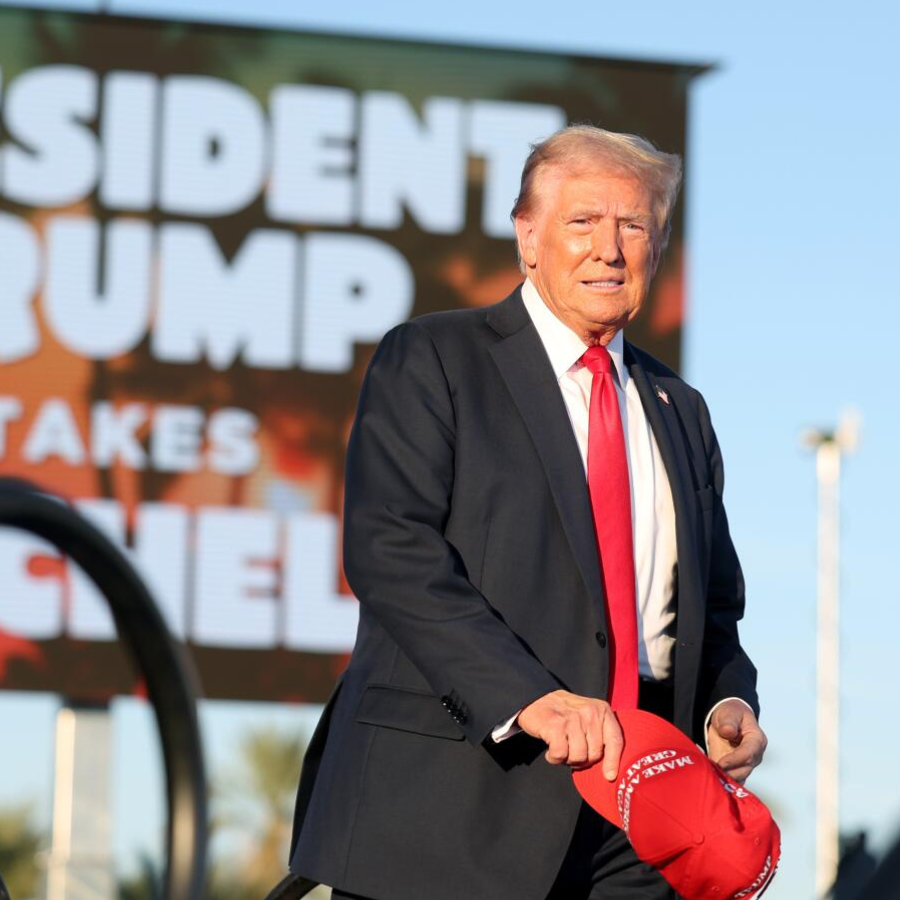
Critics suggested that Trump’s reference to “bad neighborhoods” might have been a subtle way to invoke stereotypes. This led to further backlash, as listeners questioned the intention behind his language.
Trump’s comments come as he is trying to connect with a voter base that values traditional displays of masculinity. However, his admission seems to contradict the strongman image that some of his supporters promote.
As Trump attempts to secure votes by emphasizing his masculinity, these recent statements reveal a vulnerability that doesn’t quite align with the rugged persona he’s projecting.
Interestingly, Trump’s reflections on football also touch on the complex ways masculinity is perceived in American society.
While physical toughness and fearlessness are often celebrated, Trump’s comments reveal a reluctance to embrace these traits in his youth. The result is a narrative that contrasts with the more macho rhetoric of his campaign supporters.
Trump’s football story may seem trivial, but it’s a small moment that reflects the challenges he faces in balancing various facets of his public persona.
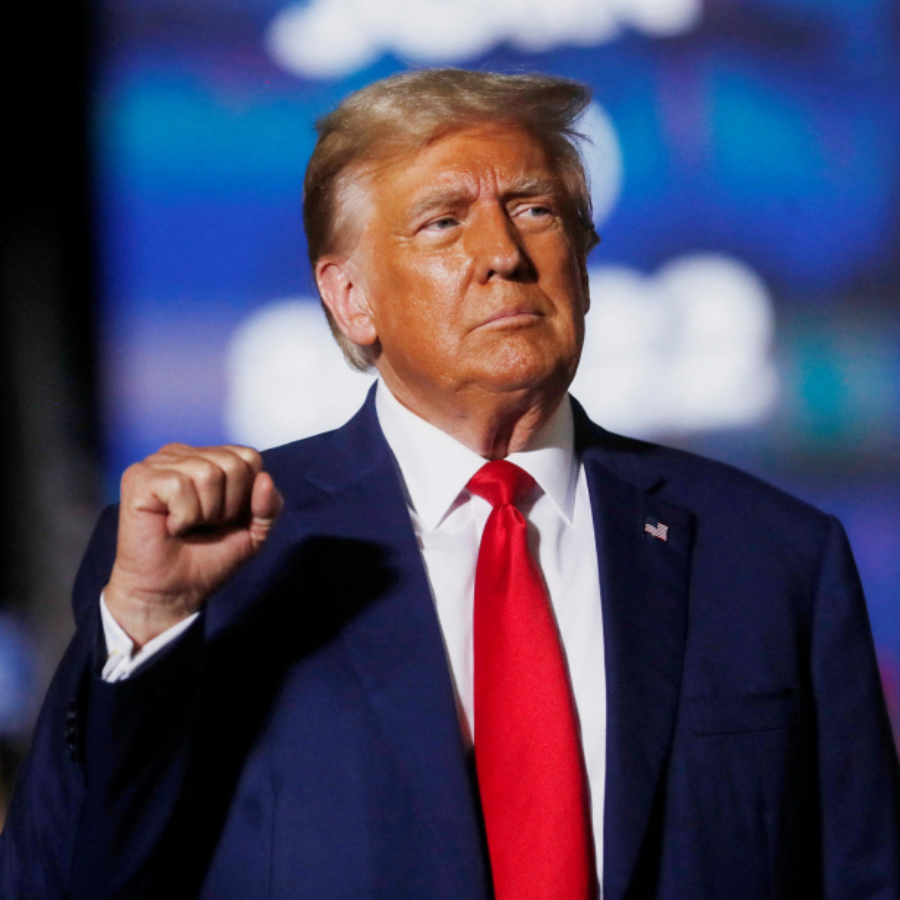
On one hand, he has loyal supporters who embrace his outspoken style and view him as a symbol of traditional values. On the other hand, episodes like this one can detract from his efforts to appeal to voters who admire toughness and resilience.
As the 2024 election draws near, Trump’s approach to these themes will continue to be scrutinized. His attempt to resonate with voters by appealing to ideals of strength and masculinity may be complicated by moments where his personal anecdotes tell a different story.
In the end, Trump’s tale about avoiding tackles has added an unexpected twist to the narrative surrounding his campaign. While he works to strengthen his appeal with male voters, the former president may need to reconcile these mixed messages about masculinity.
Whether this incident will have any lasting impact on his campaign remains to be seen, but for now, it has given his critics yet another talking point.


